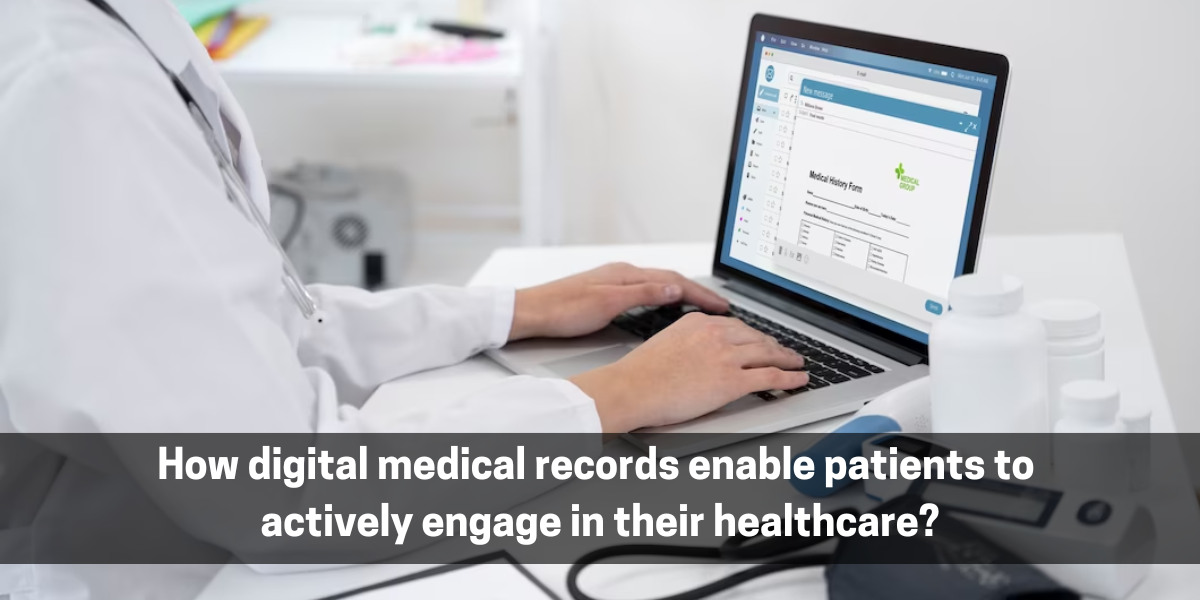Traditionally, patient medication administration in hospitals and care homes relied on manual MAR sheets, which often involved extensive paperwork and were prone to human errors. To overcome these challenges, electronic medication administration records (eMAR) have been introduced. eMAR replaces paper-based systems with a digital approach that tracks patient medication. With automated reminders, alerts, and accurate accountability, eMAR systems reduce the risk of mistakes, missed medications, and dosage errors. This digital method streamlines medication administration, improves patient safety, and enhances overall healthcare outcomes. Here we explore some of the useful insights on how eMAR has impacted medication administration efficiency in care homes.
- Streamlined processes:
The implementation of eMAR in care homes has brought about a significant streamlining of medication administration processes. The transition from paper-based records has eliminated the need for laborious tasks such as transcription and searching for physical documentation. As a result, healthcare providers now save valuable time and reduce the risk of medication errors. eMAR enables seamless access to medication information, allowing healthcare providers to retrieve and update records in real-time. This instant accessibility enhances efficiency and ensures that accurate and up-to-date information is readily available. Moreover, eMAR systems offer automation features for medication scheduling and reminders, further improving efficiency.
- Reduced medication errors:
The implementation of eMAR has significantly reduced medication errors by providing healthcare professionals with real-time alerts and reminders. These features assist in ensuring the administration of correct dosages, identifying potential drug interactions, and taking patient allergies into account. By eliminating the challenges associated with illegible handwriting and misinterpretation of orders, eMAR effectively minimises medication administration errors. It enables healthcare providers to promptly identify and prevent adverse drug events, ultimately enhancing patient safety and improving overall healthcare outcomes.
- Improved adherence and compliance to medication:
The real-time monitoring capabilities of eMAR have revolutionised medication adherence in care homes, leading to improved patient compliance. With eMAR, healthcare providers can closely monitor medication administration and ensure that residents receive their medications as prescribed.
- Enhanced communication and collaboration:
eMAR plays a pivotal role in enhancing communication and collaboration among healthcare professionals, fostering a more cohesive and efficient care environment. With eMAR, multiple team members have simultaneous access to medication administration records, promoting seamless communication regarding medication orders, schedule changes, and other crucial administration instructions. This constant collaboration among caregivers significantly reduces the risk of miscommunication, leading to improved overall standards of care.
- Increased efficiency in inventory management:
With eMAR, care homes can effectively streamline their medication ordering and restocking processes. By having access to real-time data on medication stock levels, caregivers can proactively identify when medications need to be replenished, preventing delays or shortages. This efficient workflow saves valuable time and resources, allowing staff to focus on providing quality care to residents.
Looking for more information on implementation of eMAR in a care home?
Integration of eMAR in care homes can transform medication administration by simplifying processes, saving time, and minimising errors. Healthcare providers can now focus more on delivering quality care to residents, knowing that their medication management is streamlined and well-supported by technology. To know more on the benefits of eMAR in a care home, check this useful read. To book a demo today, contact us.







